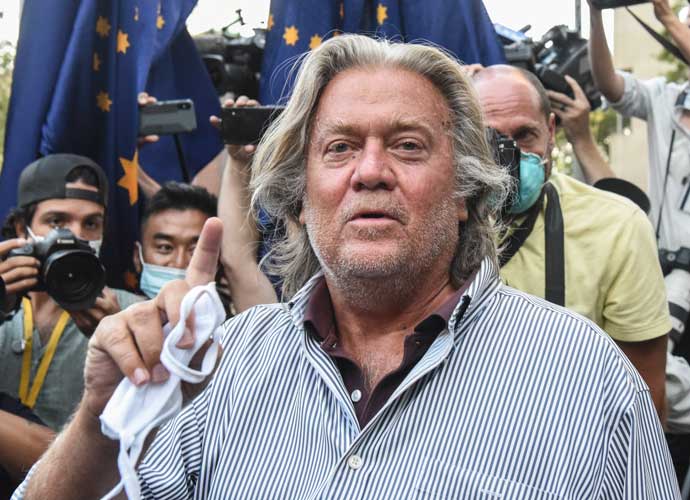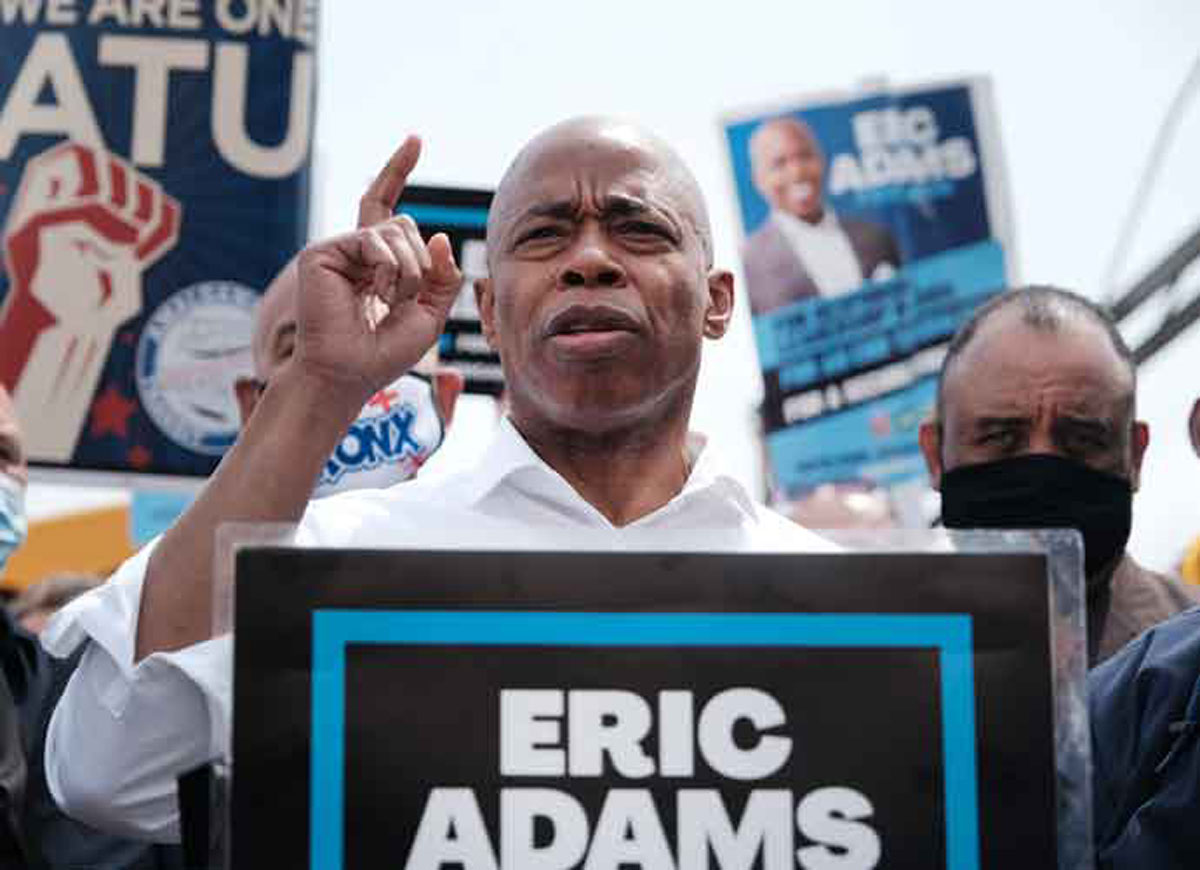Appeals Court Upholds Steve Bannon’s Prison Sentence For Contempt Of Congress In Capitol Attack Probe
A federal appeals court has upheld the criminal contempt of Congress conviction of Steve Bannon, a former senior aide in the Trump White House.
Bannon was charged with refusing to testify and provide documents to the House committee investigating the Jan. 6, 2021, attack on the U.S. Capitol.
The appeals court rejected Bannon’s argument that he was innocent because his attorney had advised him not to comply with the House committee’s subpoena. The ruling, delivered by a three-judge panel of the U.S. Circuit Court of Appeals for the District of Columbia Circuit, increases the likelihood that Bannon will soon have to serve a four-month jail sentence for his two counts of contempt.
Bannon may request a rehearing of his appeal by the full judicial lineup of the D.C. Circuit, which could temporarily postpone his jail term. Alternatively, he could seek permission from the U.S. Supreme Court to appeal the ruling issued on Friday.
Bannon was found guilty of defying the House committee subpoena after a five-day trial in U.S. District Court in Washington. Pending the outcome of his appeal, he has remained free.
In March, Peter Navarro, another former advisor to ex-President Donald Trump, began to serve a four-month federal jail sentence after the Supreme Court declined to hear an appeal of his conviction for refusing to comply with a subpoena from the Jan. 6 House committee.
In its ruling Friday on Bannon’s case, the D.C. appeal court panel noted that in September 2021, “the House Select Committee to Investigate the January 6th Attack on the United States Capitol issued a subpoena to appellant Stephen Bannon to testify and provide documents.”
The ruling said, “Bannon did not comply — he knew what the subpoena required but did not appear or provide a single document.”
The law Bannon was convicted of violating makes it a crime to “willfully” fail to respond to a congressional subpoena.
The appeals panel wrote in its ruling, “Bannon insists that ‘willfully’ should be interpreted to require bad faith and argues that his noncompliance does not qualify because his lawyer advised him not to respond to the subpoena.”
The panel wrote, “This court, however, has squarely held that ‘willfully’ in [that law] means only that the defendant deliberately and intentionally refused to comply with a congressional subpoena, and that this exact ‘advice of counsel’ defense is no defense at all… As both this court and the Supreme Court have repeatedly explained, a contrary rule would contravene the text of the contempt statute and hamstring Congress’s investigatory authority.”
The panel added, “Because we have no basis to depart from that binding precedent, and because none of Bannon’s other challenges to his convictions have merit, we affirm.”
Bannon was recently in the news when he said that Trump had reversed his position on forcing a TikTok sale after a billionaire investor in the Chinese company donated to his campaign.
RELATED ARTICLES
Get the most-revealing celebrity conversations with the uInterview podcast!




 by
by 



Leave a comment